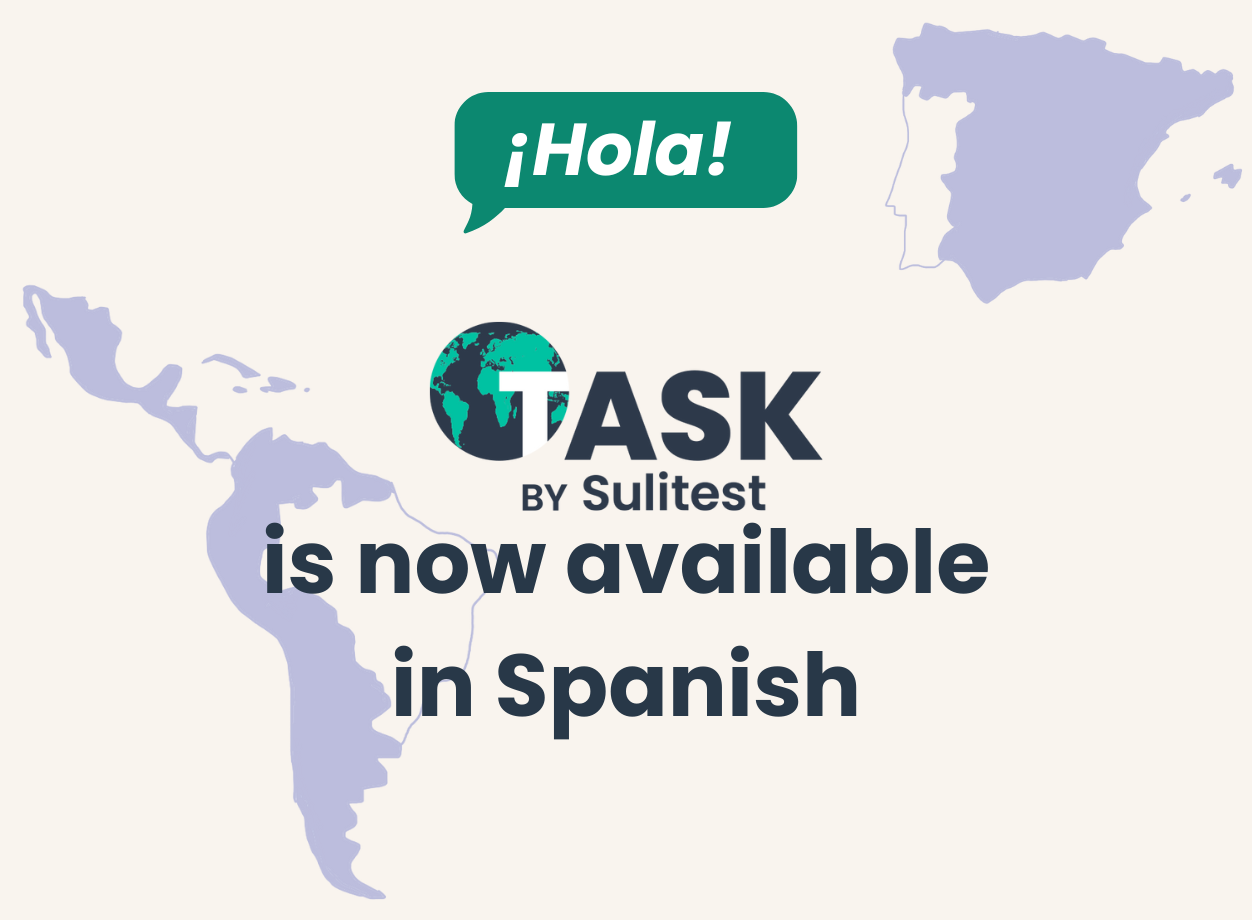
Curriculum for Change: Advancing Sustainability in African Business Education

At the 2025 AABS Connect Conference, hosted by the Association of African Business Schools, Sulitest had the privilege of moderating a powerful and forward-looking panel titled "Curriculum for Change: Advancing Sustainability in African Business Education."
Moderated by our Account Manager, Estela Castelli Florino Pilz, the session brought together two exceptional educators:
- Dr. Hicham Sebti, Associate Dean, ESSEC Africa (Morocco)
- Maha Mourad, Associate Dean, The American University in Cairo (Egypt)
Both speakers shared concrete, actionable strategies grounded in their institutions' lived experiences—offering a blueprint for how business schools across Africa and beyond can transform curricula to prepare future leaders for a world shaped by sustainability challenges.
The discussion was grounded in three themes: Teach, Assess, Inspire.
Teach: Integrating sustainability into the learning journey

Both speakers emphasized the importance of aligning curriculum design with real-world skills and market demands. Sustainability should be part of student development, not just academic content. This includes linking sustainability teaching with employability, so students understand how sustainability drives value creation in organizations.
Both panelists also highlighted the value of student competitions with local companies. These initiatives:
- Help localize sustainability education by connecting it to community and business needs
- Offer students industry exposure and applied experience
- Provide local businesses with fresh thinking and talent pipelines
This strategy also helps bridge the gap between classroom theory and the skills students need in practice.
Lastly, collaboration with non-business faculties, such as environmental sciences or social sciences, was encouraged to help students think beyond silos and develop more integrated solutions.
Assess: Measuring what matters
Assessment is a key lever for change — not only to track learning but to embed sustainability into the institutional DNA.
Using learning objectives linked to sustainability as part of their accreditation processes (e.g., AACSB, EQUIS), encourages all faculty to consider how their course content contributes to sustainability goals.
The American University in Cairo (AUC) shared how they use TASK™ as an assurance of learning tool. After two years of implementation:
- Students who scored higher on TASK often had professors deeply engaged with sustainability.
- Participation in certain courses correlated with stronger sustainability knowledge.
- Students appreciated receiving a TASK certificate, which adds value to their academic and professional profiles.
ESSEC Africa actively engages alumni and employers to evaluate how well-prepared graduates are to address sustainability in their professional roles. This feedback loop from the workforce not only validates academic impact—it also helps refine curriculum and ensure continued relevance.
Inspire: Creating cultures that champion sustainability
A recurring message throughout the panel was clear: institutions must lead by example.
Sustainability should not be confined to the classroom—it must be embedded into the identity, governance, and leadership ethos of a business school.
Speakers highlighted the importance of building communities of practice among faculty. These bottom-up initiatives foster innovation and enthusiasm for sustainability, and help drive curricular transformation from within. Exposure to global partnerships, networks, and conferences also plays a crucial role in keeping faculty inspired and informed.
Key takeaways
This session offered not just reflection—but a roadmap for action:
- Connect sustainability to student development and future employability
- Use competitions and real-world challenges to make learning local and applied
- Leverage tools like TASK™ to assess impact and support accreditation
- Collaborate with alumni and employers to stay aligned with evolving workforce needs
- Lead from within—through strategy, culture, and empowered faculty
At Sulitest, we’re proud to support institutions like AUC and ESSEC in building the next generation of sustainability-minded leaders. Tools like TASK™ are part of a broader ecosystem that helps measure, support, and advance sustainability in education systems worldwide.
Learn more about TASK™ and how your institution can get involved.












